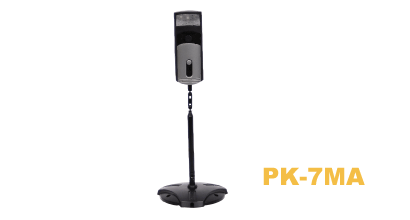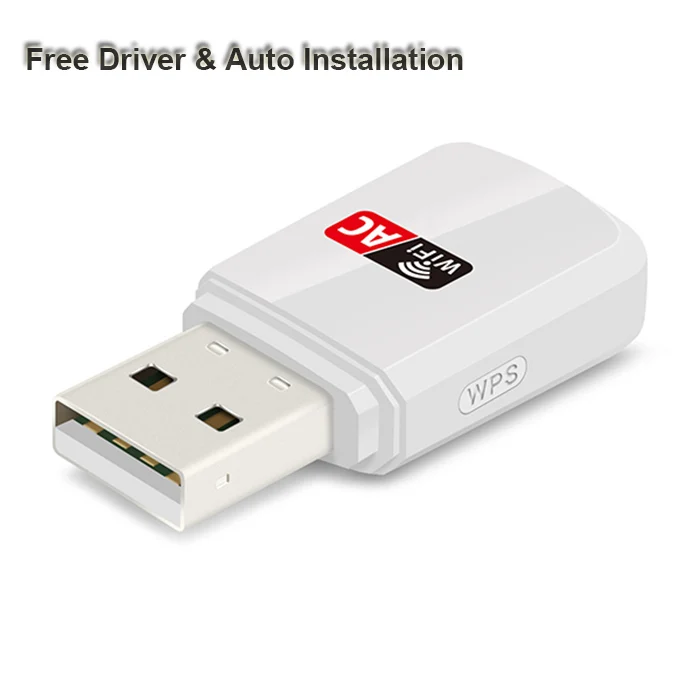

The bFormatType field in the AS interface descriptor must be identical to bFormatType specified in the Format Type Descriptor (FMT-2 2.3.1.6).įor Type I formats, exactly one bit must be set to one in the bmFormats field of the AS interface descriptor. The bTerminalLink field must refer to a Terminal Entity in the topology and its value must be identical in all alternate settings of an AS interface. A non-zero alternate setting without any endpoint is not supported. Class-Specific AS interface descriptorįor details on this specification, refer to ADC-2 4.9.2.Īn AS interface descriptor must start with alternate setting zero with no endpoint (no bandwidth consumption) and further alternate settings must be specified in ascending order in compatible USB Audio 2.0 hardware.Īn alternate setting with a format that is not supported by the driver will be ignored.Įach non-zero alternate setting must specify an isochronous data endpoint, and optionally a feedback endpoint. The following subsections provide comments on some specific descriptor types. The driver supports all descriptor types defined in ADC-2, section 4. A function with an audio control interface but no streaming interface is not supported. DescriptorsĪn audio function must implement exactly one AudioControl Interface Descriptor (ADC-2 4.7) and one or more AudioStreaming Interface Descriptors (ADC-2 4.9). This means that the deviation of actual packet size from nominal size must not exceed +/- one audio slot (audio slot = channel count samples). The size of isochronous packets created by the device must be within the limits specified in FMT-2.0 section 2.3.1.1. The driver handles the Adaptive IN stream in the same way as an Asynchronous IN stream.

If such an endpoint is present in the alternate setting, it will be ignored. There is currently limited support for devices using a shared clock for multiple endpoints.įor the Adaptive IN case the driver does not support a feedforward endpoint. The driver does not support implicit feedback. A feedback endpoint must be implemented in the respective alternate setting of the AS interface. The driver supports the following endpoint synchronization types (USB-2 5.12.4.1):įor the asynchronous OUT case the driver supports explicit feedback only. If a device implements multiple clock source entities and a clock selector, then the driver will use the clock source that is selected by default and will not modify the clock selector’s position.Ī Processing Unit (ADC-2 3.13.9) with more than one input pin is not supported.Īn Extension Unit (ADC-2 3.13.10) with more than one input pin is not supported.Ĭyclic paths in the topology are not allowed. The driver supports one single clock source only. The clock path may optionally include Clock Multiplier and Clock Selector units and must end in a Clock Source Entity. The driver supports all entity types defined in ADC-2 3.13.Įach Terminal Entity must have a valid clock connection in compatible USB Audio 2.0 hardware. This section describes the features of the USB Audio 2.0 driver. An alternate setting which specifies another format defined in FMT-2, or an unknown format, will be ignored. The driver supports the formats listed below. The USB-IF is a special interest group that maintains the Official USB Specification, test specifications and tools.
EALTEK USB2.0 PC CAMERA DRIVER INSTALLER SERIAL
EALTEK USB2.0 PC CAMERA DRIVER INSTALLER WINDOWS
Usbaudio2.sys fits within the wider architecture of Windows USB Audio as shown. However, if a third-party driver exists on the system or Windows Update, that driver will be installed and override the class driver. The driver is automatically enabled when a compatible device is attached to the system.

This name will be overwritten with a USB Product string, if it is available. The driver will identify in device manager as "USB Audio Class 2 Device". The driver is named: usbaudio2.sys and the associated inf file is usbaudio2.inf.

For more information about the USB Audio 2.0 device class, see. The driver is a WaveRT audio port class miniport. It is designed to support the USB Audio 2.0 device class. Starting with Windows 10, release 1703, a USB Audio 2.0 driver is shipped with Windows.


 0 kommentar(er)
0 kommentar(er)
